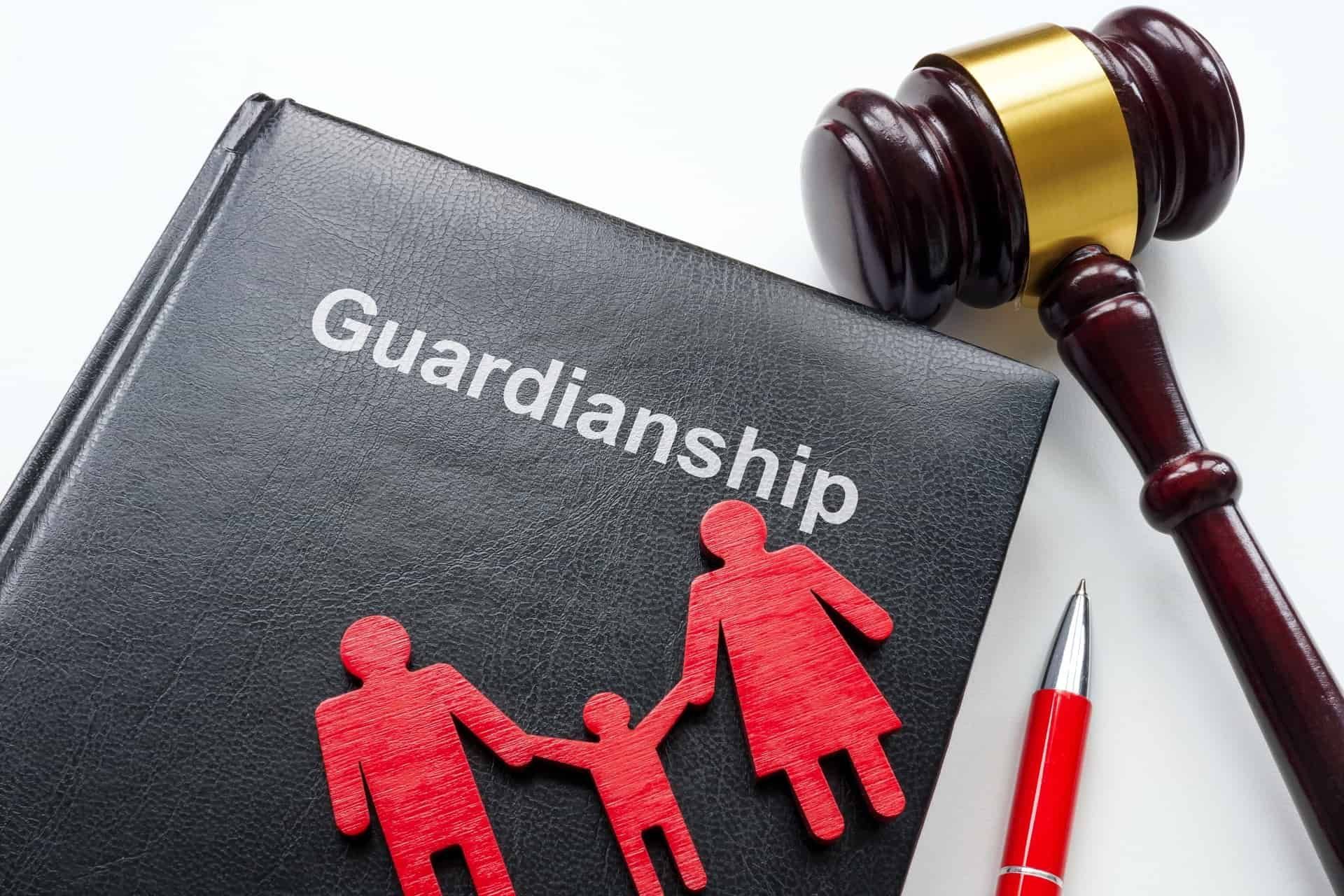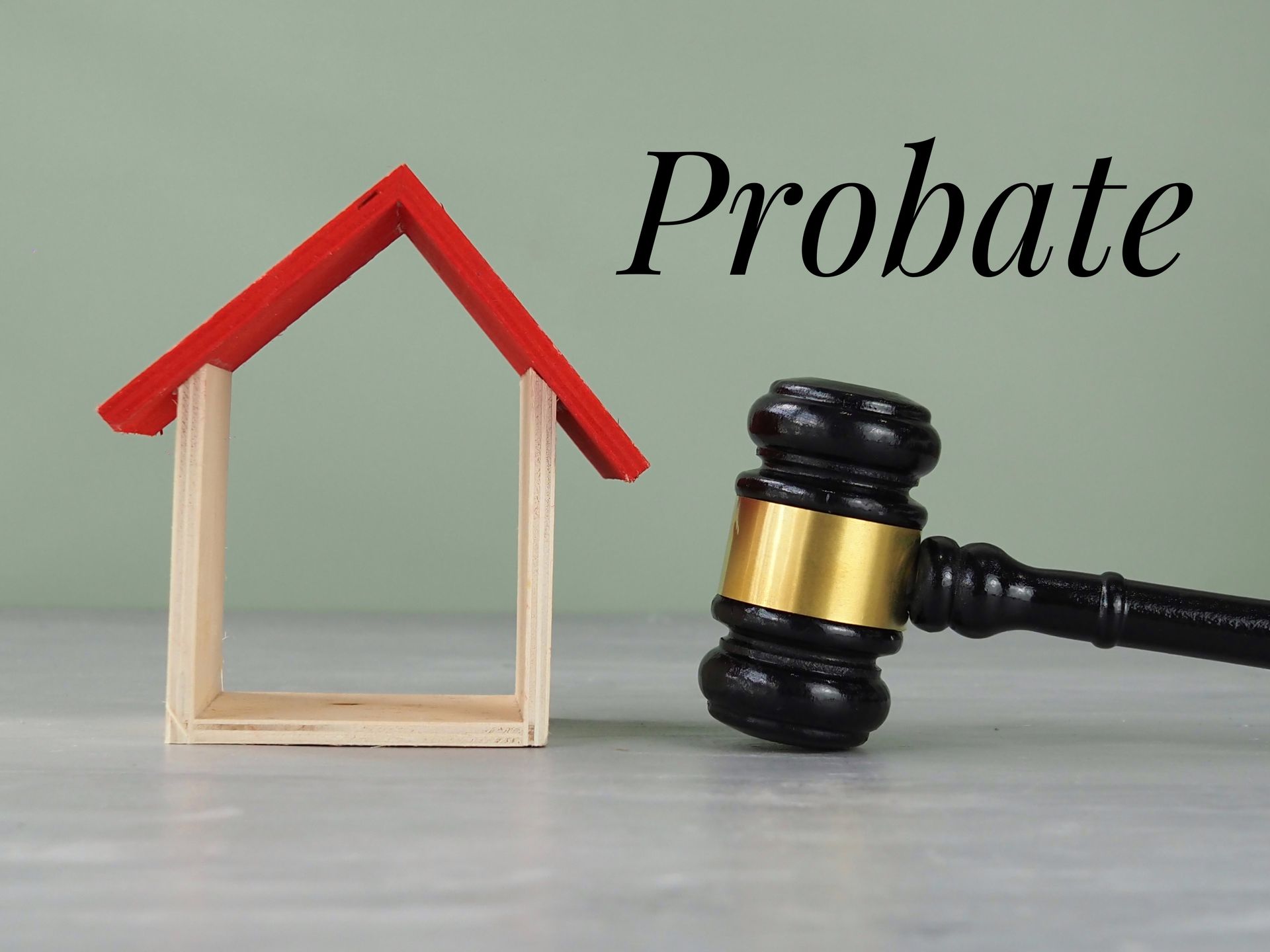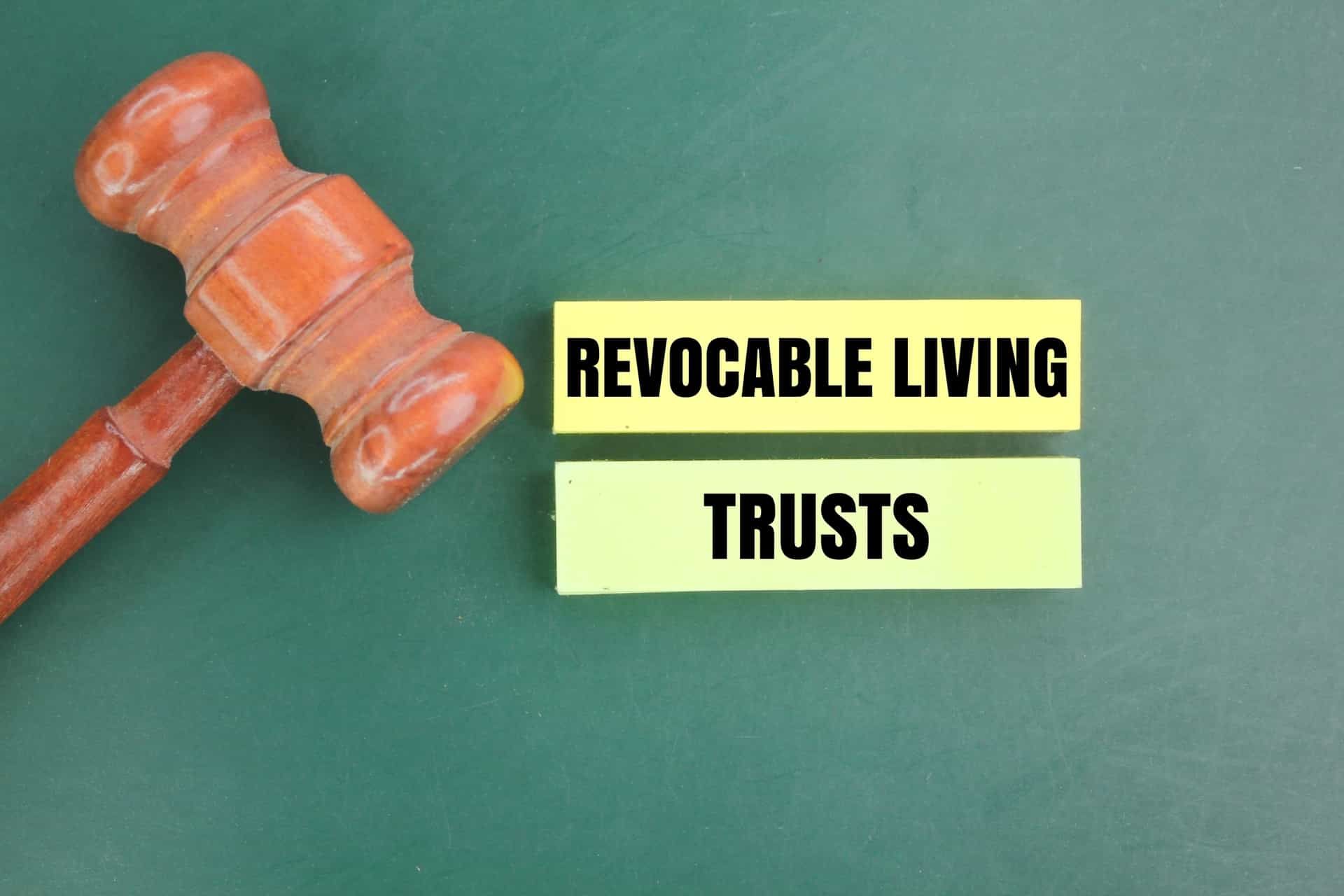Is a Durable Power of Attorney an Alternative to a Guardianship?
What Does a Power of Attorney Do?
A POA is a legal document in which you (the “principal”) name someone else (the “agent” or “attorney-in-fact”) to act on your behalf. The scope of the agent’s authority is determined by you and can be as broad or limited as you like.
For example, you can give your agent the power to make financial decisions on your behalf, sign legal documents, or even make medical decisions if you become unable to do so yourself.
Importantly, a POA only comes into effect if you become incapacitated or otherwise unable to make decisions for yourself. As long as you have the mental capacity to handle your own affairs, your agent will have no authority to act on your behalf.
What Is Guardianship?
Guardianship is a legal arrangement in which a court appoints someone (the “guardian”) to make decisions on behalf of another person (the “ward”) who is unable to do so for themselves.
Guardianships are typically used when an individual becomes incapacitated unexpectedly and without having previously appointed a POA.
For example, if you become severely injured in an accident and are unable to make your own medical decisions, a court may appoint a guardian to make those decisions for you.
There are some key differences between POAs and guardianships:
With a POA, you get to choose who will act on your behalf. With a guardianship, the court decides.
A POA can be very specific about the types of decisions your agent can make on your behalf. A guardianship generally gives the guardian more broad authority to make decisions for the ward.
A POA can be revoked by the principal at any time, as long as the principal has the mental capacity to do so. A guardianship can only be terminated by a court order.
POAs are typically less expensive and time-consuming to set up than guardianships.
Guardianships usually require a court hearing, which can be costly and stressful.
Which Option Is Right for You?
There is no one-size-fits-all answer to this question. The best option for you will depend on your individual circumstances and preferences.
If you want to have control over who makes decisions on your behalf, if you only want someone to have authority to make specific types of decisions, or if you’re concerned about the cost and hassle of going through a court process, a POA may be the better option.
On the other hand, if you don’t mind giving up some control over who makes decisions on your behalf and you want that person to have broad authority, a guardianship may be a better fit.
Of course, this is just a general overview. If you’re considering appointing a POA or setting up a guardianship, you should speak to an experienced guardianship attorney to get specific advice about your situation.
Bottom Line
If you’re considering appointing someone to make decisions on your behalf, a POA is generally the best option. It’s important to understand, however, that a POA does not take away your rights—it simply gives someone else the authority to act on your behalf if you become unable to do so yourself.
If you have questions or concerns about setting up a POA, you should speak with an experienced guardianship attorney.
Frequently Asked Questions
Q: How much does it cost to set up a POA?
A: It typically costs between $75 and $200 to set up a POA, depending on the state in which you live.
Q: How long does a POA last?
A: A POA typically remains in effect until the principal dies or revokes the POA, as long as the principal has the mental capacity to do so.
Q: Can I appoint more than one agent under my POA?
A: Yes. You can appoint multiple agents to act on your behalf, either jointly or independently.
Q: What if I don’t have a POA when I become incapacitated?
A: If you become incapacitated without having appointed a POA, a court may appoint a guardian to make decisions on your behalf.
Q: Can I appoint someone to make medical decisions for me under a POA?
A: Yes. You can give your agent authority to make medical decisions on your behalf if you become unable to do so yourself.
Q: Will my family members be notified if I appoint someone to make decisions for me under a POA?
A: No. The appointments made under a POA are confidential and will not be disclosed to your family members unless you specifically direct the agent to do so.
Are You Ready to Speak with a Guardianship Attorney?
At Doane & Doane, we help individuals and families throughout Florida with all aspects of guardianship, including setting up POAs. If you have questions or concerns about appointing someone to make decisions on your behalf, we encourage you to contact us today for a consultation.
Our attorneys are experienced in handling all types of guardianship matters and can provide you with the guidance you need to make the best decisions for yourself and your family.
To arrange a consultation, we invite you to contact us today.
Phone:
561-656-0200
Contact Us
The information in this blog post is for reference only and not legal advice. As such, you should not decide whether to contact a lawyer based on the information in this blog post. Moreover, there is no lawyer-client relationship resulting from this blog post, nor should any such relationship be implied. If you need legal counsel, please consult a lawyer licensed to practice in your jurisdiction.
Disclaimer: The information on this website and blog is for general informational purposes only and is not professional advice. We make no guarantees of accuracy or completeness. We disclaim all liability for errors, omissions, or reliance on this content. Always consult a qualified professional for specific guidance.
RECENT POSTS






